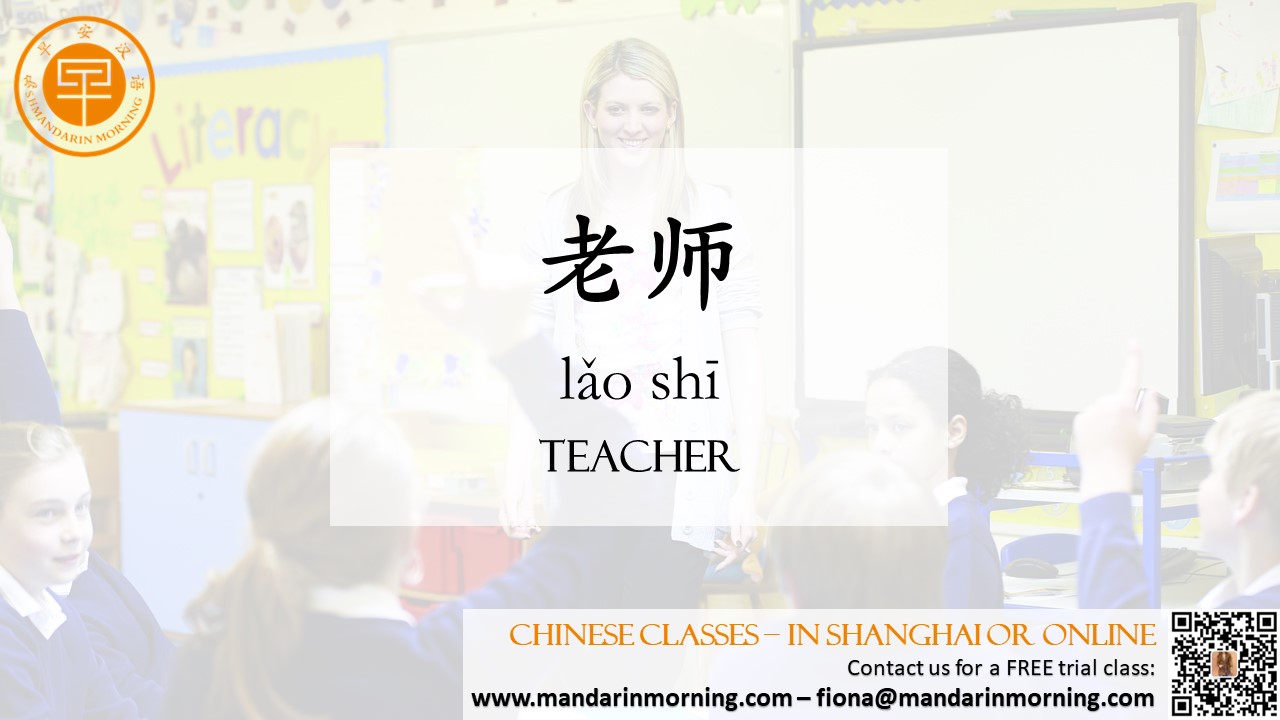| In China, Teachers’ Day (教师节, Jiàoshījié) takes place every year on September 10th. During this holiday, many Chinese schools host customary ceremonies honoring teachers that are reminiscent of ancient Confucian rituals. Teachers also often receive gifts from school administrators, parents, and current and former students. Some educators even get the day off.  The changing status of teachers in modern China Like many elements of Chinese society, major changes to education occurred throughout the twentieth century as a result of the country’s political transformation after the collapse of China’s final dynasty, the Qing, in 1911. Changes to education during the communist period After a bloody civil war, communist leader Mao Zedong announced the establishment of the People’s Republic of China in 1949. In order to strengthen the country’s newfound socialist system, class hierarchies were reconfigured. Citizens were labeled as either class enemies or honorable members of the working class based on profession and family background. Those who had once owned property or wealth were treated as adversaries, whereas peasants were empowered due to their “good” class backgrounds. Not belonging to either classification, teachers were caught somewhere in between, categorized as intellectuals who required reeducation along with other scholars, writers, and artists. In order for this intellectual class to break away from their alleged bourgeois backgrounds, teachers were required to become strict advocates of socialist ideology. “Our educational policy must enable everyone who gets an education to develop morally, intellectually and physically, and become a cultured, socialist-minded worker,” Chairman Mao stated in his 1957 essay “On the Correct Handling of Contradictions Among the People.” This emphasis on socialist education and the role of teachers as disseminators of socialist theory led to the complete integration of Maoist ideology in the national curriculum, as well as the dissolution of boundaries between school education and party propaganda. During imperial times, Confucian values of education, respect and hierarchy ruled classrooms. After the founding of the People’s Republic, however, communist leaders rejected these traditional values for a time. Students were even encouraged to resist, reject, and, in some extreme cases, behave violently against teachers who were perceived to lack dedication to the political cause. Rethinking education during Reform and Opening-up After the Cultural Revolution ended in 1976, newly implemented economic reforms called 改革开放 (Gǎigé Kāifàng) worked to once again elevate teachers’ social status. No longer marginalized as intellectuals in need of reeducation, teachers were to be integrated as members of the working class. Campaigns to improve housing conditions, salaries and general welfare for teachers were conducted by the government from the 1980s on. The reinstatement of national school and university entrance exams in 1977 also helped to reposition educators as cultivators of the nation. Conventional education was again seen as a necessary step towards achieving individual and national development. Celebrating Teachers’ Day today Because teaching is generally regarded as an honorable profession in China today, it should come as no surprise that Teachers’ Day remains an important holiday. Although Teachers’ Day is not a public holiday in China, it is still observed in various ways. On September 10th, many teachers enjoy bonuses from school administrations or even a few hours off work. It is also common for students and families to gift teachers with cards, presents, or on some occasions, 红包 (hóngbāo; red envelopes filled with cash). Former students will also traditionally return to their alma maters and give presents to their favorite former teachers in order to mark the holiday. |